As a high-level athlete, you are constantly pushing the boundaries of your body.
You regularly push it to its limits and then sometimes even further than that. So when it comes to replenishing and replacing what is lost in the race, practice or match, we need to look at athletes in something more than just a generic sense.
They’re not your average, everyday human beings. That’s why they need something more than just the average, everyday dosage of magnesium.
Magnesium is one of the more important minerals that you can get into your body. As a matter of fact, it’s one of the few minerals that can actually help with athletic performance and not just enhance it.
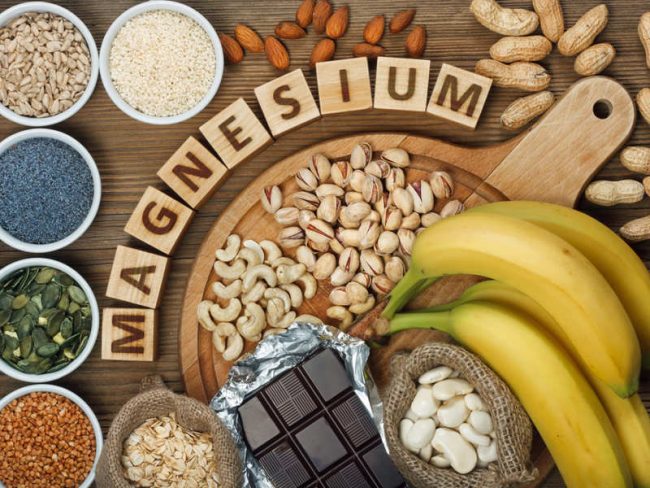
Benefits of Magnesium for Athletes
The human body needs magnesium to function correctly on every level.
Magnesium helps maintain normal muscle and nerve function, keeps heart rhythm steady, supports a healthy immune system, and keeps bones strong. It also helps regulate blood sugar levels, promotes normal blood pressure, and is known for its ability to reduce migraines. Oh yeah, did I mention that this stuff is good for you? Well then…it’s good for you.
Magnesium also helps the body’s cells produce energy, so it’s easy to see how this would benefit an athlete.
About 70% of the body’s magnesium is stored in our bones, while the rest is found in tissues and organs.
Of course, if athletes are going to get more magnesium into their systems, then one of two things must happen. Either they’re going to have to eat more foods that contain magnesium…or take a supplement. Let’s look at both options below:
Eat More Foods That Contain Magnesium
First, we’ll look at the foods that contain magnesium and then we’ll figure out how much of it they can provide the athlete. After that we will decide which option is best for them: food or supplement?
The average person needs anywhere from 300-400 mg of magnesium per day. (1) While athletes may need a little more than this depending on their training and competition schedule, you probably still won’t be getting nearly enough with just your diet alone. For example, 8 ounces of cooked spinach contains about 158mg of magnesium while 1 cup of raw almonds has half as much again at 80mg. A couple of ounces (about 28 grams) of cashews add 73 mg to the mix while sesame seeds add another 79mg per quarter cup.
If you add a cup of black beans to the mix, then you’ll get 141mg from that serving. If you’re willing to eat a lot of soybeans (about 4 ounces worth), then you would be adding another 278 mg into your body. Almonds and sesame seeds are the way to go if you’re looking for supplemental magnesium through food sources.
To make things easier though, here is a quick list of the foods that are highest in magnesium in order:
- Pumpkin seeds
- Almonds
- Spinach
- Cashews
- Peanuts
- Shredded wheat
- Soy milk
- Black beans
- Edamame
- Dark Chocolate
Related: Athlete Nutrition: Eat Better for Increases Performance
Supplementing with Magnesium: The Pros and Cons
Another good way to get more magnesium into the body is through supplementation. There are a few different types of forms available, so let’s look at what each offers and see if they will be best for you:
ZMA is a combination of zinc, magnesium and vitamin B6 . But it only supplies the body with about 30% of what it needs from this mineral daily, which makes it more of an enhancer than anything else. Zinc helps maintain healthy testosterone levels while magnesium aids sleep quality and muscle function. Vitamin B6 supports protein metabolism.
A more complete supplement is magnesium glycinate. This form contains 50-100% of the daily recommended allowance for athletes – which is twice as much as some ZMA formula – but there are still some issues. Magnesium glycinate can cause loose stools and diarrhea in some people, so if you’re going to take this option, then you need to increase your water intake as well.
If you want a good magnesium supplement, we recommend MediCramp, it is a magnesium-based supplement that is made to help prevent cramping if you couldn’t tell that from the name.
Of course, everyone reacts differently to supplements regardless of what they are made from or who makes them, so talk with a medical professional before taking any new supplements if you have health concerns.
Foods do contain a lot more magnesium than most people realize, but it’s not enough for athletes on its own. They may want to opt for either a ZMA or a magnesium glycinate supplement instead. Either one should supply the body with enough of this mineral to keep it working properly, but they aren’t going to get the job done on their own.
Why Athletes Need Magnesium
Here is a simple rule of thumb: look at the daily recommended allowances for men and women below and try to get as close as possible to these numbers every day.
- men = 420mg/day
- women = 320mg/day
However, you may want to consider upping your intake depending on the type of sport that you participate in. If you are a runner, then definitely aim for more than what’s listed here since you will be sweating out stores of electrolytes during your workouts. With that being said, check with your doctor or dietician to help determine how much magnesium is right for you during training and competition times.
Now that we’ve looked at why athletes need magnesium, let’s focus our attention on some other important nutrients that they should pay attention to as well such as iron, which helps deliver oxygen throughout the body; omega-3 fatty acids, which has anti-inflammatory properties; and potassium, which is an electrolyte that can help regulate blood pressure.
So if athletes aren’t getting enough of these nutrients, then they could suffer from a variety of problems ranging anywhere from slower recovery times to even potentially life-threatening conditions like heart disease.
It’s important that athletes figure out their own personal needs based on the sport that they play since it will help them focus their diets on providing what they need most in order to perform optimally.
Who knows? This might even mean completely changing your diet so it better suits your training needs! Regardless of what you choose, just make sure you consult with your doctor before making any drastic changes so you don’t do anything to cause more harm than good.
Well, there you have it: a quick breakdown of why athletes need magnesium and how to make sure they supplement with the right type! As always, consult with your physician before starting any new supplementation regimen.
Does Magnesium Enhance Athletic Performance? (Studies)
It sounds crazy, right?
Magnesium increasing your athletic performance? Well, sort of.
This study took a look at magnesium and the physical performance of volleyball players.
Twenty-five professional male volleyball players were assigned randomly to two groups. One group would take 350 of magnesium and the other group would take 500 mg of maltodextrin for 4 weeks.
At the conclusion of the study, researchers found that “It is concluded that magnesium supplementation improved alactic anaerobic metabolism, even though the players were not magnesium-deficient.”
Then this review in the Health and Fitness Journal, researchers looked at several studies regarding magnesium and athletes and found that “Based on this short article, there is some support that a marginal magnesium deficiency could impair exercise performance and intensify the harmful consequences of intense exercise”
The study also found that most athletes do not get enough magnesium in their diets, and they said “many athletes may have suboptimal magnesium status, which, over time, could impair performance”.
In short, magnesium can help with athletic performance, but it won’t likely make a massive difference.
Conclusion
There are many ways to supplement magnesium; these include pills, liquid drops, and sports drinks. The best way to get your recommended daily allowance (RDA) of magnesium is to eat lots of leafy green vegetables, nuts, and seeds. Athletes need to get their daily magnesium by getting the proper amounts in their diet or by taking supplements.
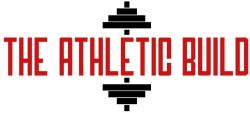
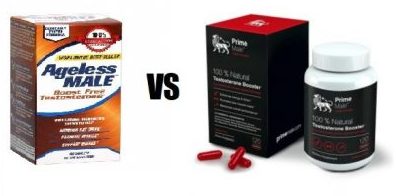
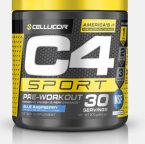

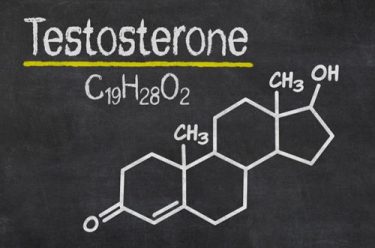
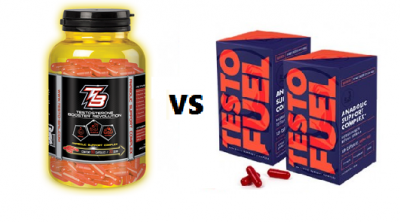

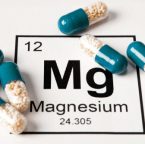

Be the first to comment